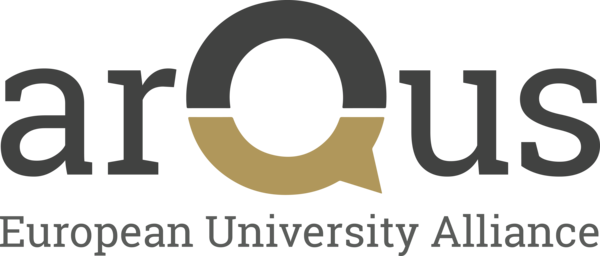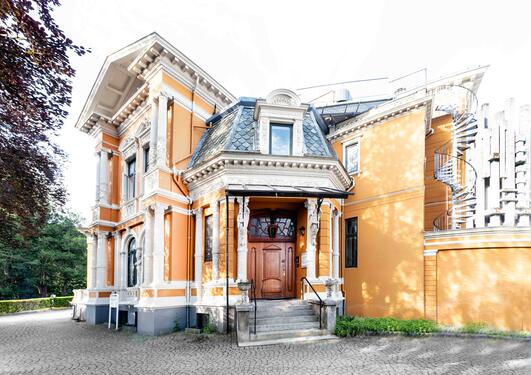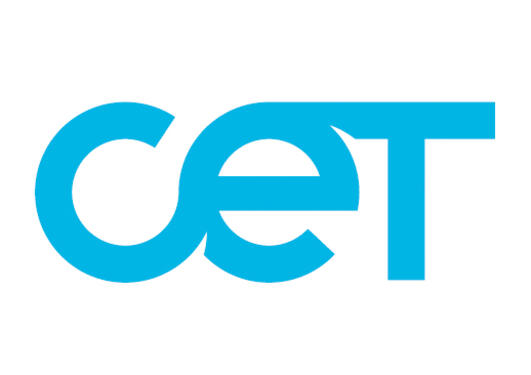Study the pandemic with students all over Europe
Are you a student eager to explore new territories and make new friends from all over Europe? One of the great challenges of our time, the pandemic, is the topic of this unique course. Grab the opportunity, apply by 1 Feb.

Hovedinnhold
The course ARQUS221 "Facing Grand Challenges: a European Research Programme" will the spring 2022 focus on diversity, interdisciplinary research and societal challenges. Together with students from universities in the ARQUS alliance, students from UiB will sharpen their minds on grand challenges and how interdisciplinary research can contribute to solutions.
Take on the transformative challenges of our time together with motivated students from around Europe in the Arqus Collaboratory Programme on diversity.
The Arqus alliance is a university collaboration between 7 European universities in Padova, Granada, Leipzig, Graz, Vilnius, Lyon and Bergen. The Arqus Collaboratory Programme on diversity is open to all UiB students across faculties. You will work in group projects on investigating governance and citizenship in an age of diversity. We welcome all students with interest in the grand challenges of our time and who would like some first-hand experience in conducting a research project.
We invite engaged and motivated students for our course who would like to learn more about diversity, interdisciplinary research and collaborate with students locally and across Europe. The course is led by the Centre for the Study of the Sciences and Humanities together with Centre for Climate and Energy Transformation. The theme of this year's course is "Diversity and inequity in the pandemic", which is developed in collaboration with UiB's Pandemic Centre.
In the coming decades, Europe will need to rapidly respond to a number of converging challenges such as migration, climate change, inequality and the erosion of democratic institutions
Common to these challenges are that they are characterised by complexity, uncertainty, ethical dilemmas, and urgency, and that they force us to rethink how we should act as European citizens. The course combines theory and practice and provides practical tools to engage with complex and urgent social, economic, environmental, and political challenges.
In the 2022 course, course participants will work in interdisciplinary teams, in close collaboration with local institutions, on a research project that explores the relationship between diversity and citizenship. At the same time, you will collaborate with students and researchers from the seven universities in the Arqus Alliance to compare your results. These approaches will reveal the implications of diversity for the principles and responsibilities of European citizenship
Winter School 14–18 February
The course kicks off with an intensive five-day winter school in Granada 14–18 February where 6 students will work together with students from the seven Arqus universities. The Arqus Winter School will consist of a combination of lectures, workshops, and excursions to give an overview of interdisciplinary approaches to diversity in the humanities and the natural sciences, and how these issues connect to governance and citizenship. Around the same time, 6 students will work with interdisciplinary approaches to diversity in Bergen. These 6 students will travel to Padova later in the semester to participate in a student-led forum (see below).
Research project
After the winter school, course participants will – in groups – run their own interdisciplinary challenge-based research projects in collaboration with local institutions. To support this work, the course combines international online learning modules, where one will learn from leading experts and collaborate with students across Europe, with local sessions supervised by researchers in Bergen. The end result will be a research report and presentation.
Students will develop key skills needed to participate in an interdisciplinary research project
Through this work you will develop key skills needed to participate in an interdisciplinary research project, including collaboration with stakeholders and researchers from other disciplines, the framing of research questions, how to select and use relevant methods, the writing of a research report and how to peer-review the work of other researchers.
A student-led approach
6 students will join in a student-led forum (3–4 April) in Padova facilitated by the Arqus Alliance where they will get the opportunity to work and engage with students from the 6 other universities. In addition, the course builds on your active participation. By participating in discussions, workshops, and joint reflection, you will contribute to the learning of other students. As leaders of your own research projects, you will make key decisions regarding the directions of your research topics. You will also be able to participate in the planning of the local course sessions, which means that you will play an active role in shaping both the content and the form of the course.



